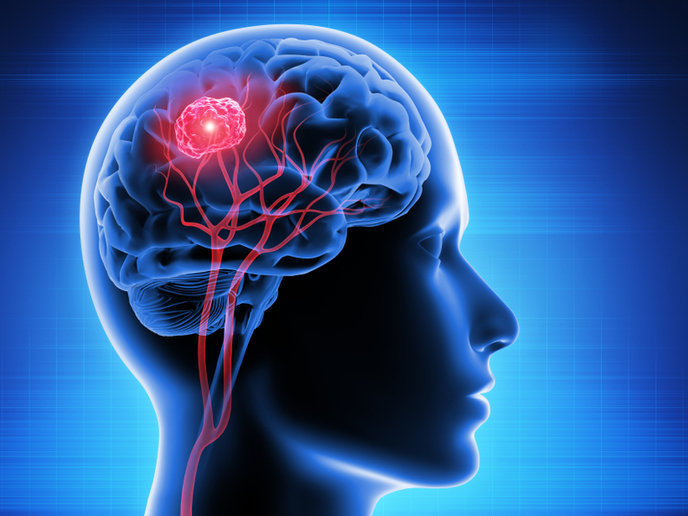Europe united against environmental cancer
Despite various research efforts, the association of environmental cancer risk, nutrition and individual susceptibility has been hampered by the fragmentation of findings and lack of coordination of research sponsoring. These, in turn, adversely affect the conduct of work. To improve the coherence and coordination of research activities in the field of biomarkers and molecular cancer epidemiology across the EU, the ECNIS NoE was formed. The key aim of the EU-funded ‘Environmental cancer risk, nutrition and individual susceptibility’ (ECNIS) NoE was to gather all existing knowledge and information regarding environmental cancer and contribute towards the establishment of an integrated European Research Area (ERA). Data from various population studies were brought together to construct the 'Molecular epidemiology and cancer' (MEC) database. The plan was to use this information to evaluate the influence of various environmental or other factors on cancer risk. An electronic platform for storing and providing access to digital documents dealing with matters of environmental hazards for cancer was developed (http://ecnis.openrepository.com(opens in new window)). Experimental or field studies were listed on the development, validation and application of biomarkers of exposure to environmental carcinogens, genetic susceptibility, and food or lifestyle-related biomarkers. ECNIS identified research data gaps, forwarded suggestions for improvements of existing techniques and disseminated relevant information to stakeholders and policymakers. By promoting the utilisation of shared resources for new studies, it laid the theoretical and practical foundations for merging European efforts.







